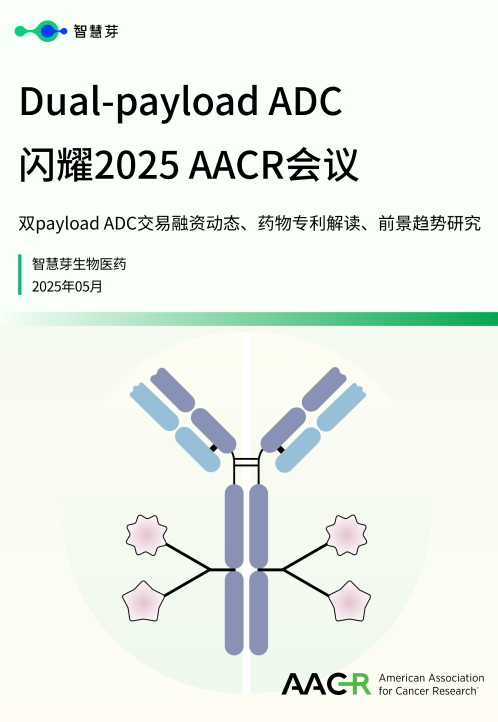预约演示
Prostate Drugs May Find New Use in Reducing Risk of Dementia: Study
2024-06-20
临床结果
Pictured: Concept art showing an elderly woman overlaid with an illustration of a brain/iStock, boonstudio
Drugs commonly used for the treatment of enlarged prostate may also help lower the risk of dementia with Lewy bodies, according to a new observational study from the University of Iowa Health Care.
Drawing from Merative MarketScan, one of the largest proprietary U.S. healthcare claims databases, University of Iowa researchers identified more than 643,000 men who were starting treatment for benign prostatic hyperplasia with one of six common therapies.
Three of these drugs fell under the class of α-1 adrenergic receptor antagonists, better known as α-blockers, which work by inhibiting the contraction of smooth muscles. The researchers focused on terazosin, which is sold by Abbott under the brand name Hytrin, doxazosin, which is marketed by Pfizer as Cardura, and alfuzosin, which is branded as Uroxatral by Sanofi.
Alpha-blocker drugs are known to have a unique side effect: they activate a key enzyme involved in the production of ATP, which is the molecular form of cellular energy. In the brain, these drugs can help boost the production of energy and fight neurodegeneration, the University of Iowa scientists hypothesized.
As active comparators, the researchers also followed men in Merative MarketScan who were being treated with tamsulosin or with the 5α-reductase inhibitors (5ARI) finasteride and dutasteride, all of which are not known to affect energy production in the brain.
The men included in the study had no history of dementia with Lewy bodies (DLB). Participants were then followed until they exited the database or until they developed DLB.
After an average follow-up of around three years, the study found that men who were initiated on the three alpha-blocker drugs were 40% less likely to develop DLB than comparators who were on tamsulosin. Compared with men whose enlarged prostates were being treated with 5ARI agents, the risk of DLBA was 27% lower in those taking alpha-blocker drugs. Both effects were statistically significant.
By contrast, DLB had a statistically similar likelihood of developing in men being managed with tamsulosin and 5ARIs. These results were robust to several sensitivity analyses, according to researchers.
The University of Iowa scientists published their findings Wednesday in Neurology, the medical journal of the American Academy of Neurology.
“If terazosin and these similar medications can help slow this progression—if not outright preventing the disease—this would be important to preserving cognitive function and quality of life in people with DLB,” Jacob Simmering, assistant professor of internal medicine at the University of Iowa and lead study author, said in a statement.
However, the researchers caution that the study is simply observational in design and only shows that there is a statistical correlation between the use of alpha-blocker drugs and the reduced risk of DLB. It does not establish causation nor does it show any directionality of association, they said.
Tristan Manalac is an independent science writer based in Metro Manila, Philippines. Reach out to him on LinkedIn or email him at tristan@tristanmanalac.com or tristan.manalac@biospace.com.
更多内容,请访问原始网站
文中所述内容并不反映新药情报库及其所属公司任何意见及观点,如有版权侵扰或错误之处,请及时联系我们,我们会在24小时内配合处理。
靶点
-Eureka LS:
全新生物医药AI Agent 覆盖科研全链路,让突破性发现快人一步
立即开始免费试用!
智慧芽新药情报库是智慧芽专为生命科学人士构建的基于AI的创新药情报平台,助您全方位提升您的研发与决策效率。
立即开始数据试用!
智慧芽新药库数据也通过智慧芽数据服务平台,以API或者数据包形式对外开放,助您更加充分利用智慧芽新药情报信息。





